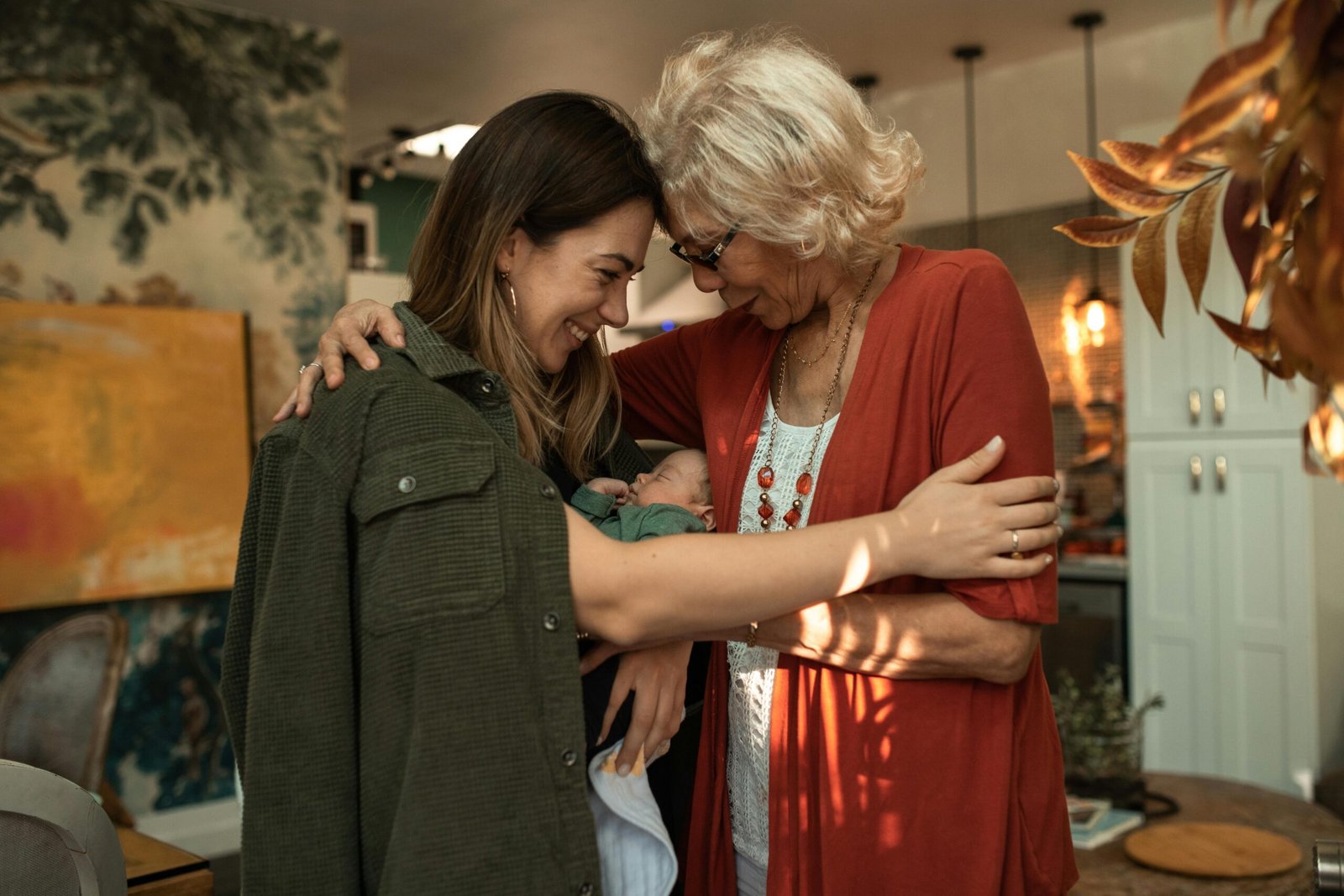
1. Difficulty Managing Daily Activities
Struggling with basic tasks like cooking, cleaning, or personal hygiene can indicate that they need extra help to maintain their independence.
2. Frequent Falls or Accidents
If your loved one is experiencing falls or showing signs of physical instability, home care can provide the necessary support to prevent injuries.
3. Changes in Personal Hygiene
Neglecting grooming, wearing the same clothes for days, or skipping baths may indicate that they need assistance with personal care.
4. Memory Loss or Confusion
Forgetting appointments, losing items frequently, or confusion about daily routines could be signs of cognitive decline that requires professional attention.
5. Poor Nutrition or Weight Loss
If they’re losing weight or their fridge is empty or filled with spoiled food, it may be time to consider a caregiver who can assist with meal preparation and grocery shopping.
6. Isolation or Withdrawal
Avoiding social activities or showing disinterest in hobbies can indicate emotional distress or depression, which can be alleviated with companionship and support.
7. Decline in Mobility
Struggles with walking, climbing stairs, or getting in and out of chairs might suggest they need help with mobility to ensure safety and comfort.
8. Medication Mismanagement
Missed doses, taking the wrong medications, or overdosing can pose serious risks and often indicate the need for a caregiver to manage prescriptions.
9. Unclean Living Environment
A messy or unhygienic home might reflect their inability to keep up with housework, signaling the need for external assistance.
10. Increased Forgetfulness About Finances
If bills are unpaid or there are frequent calls from creditors, they may need help managing their financial responsibilities.
